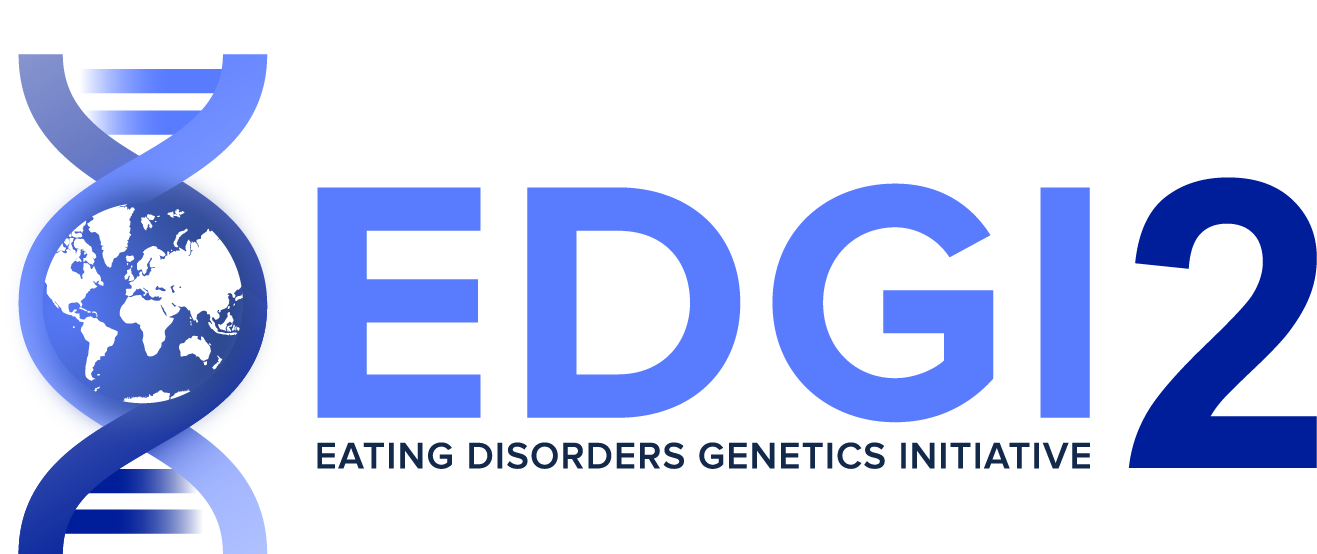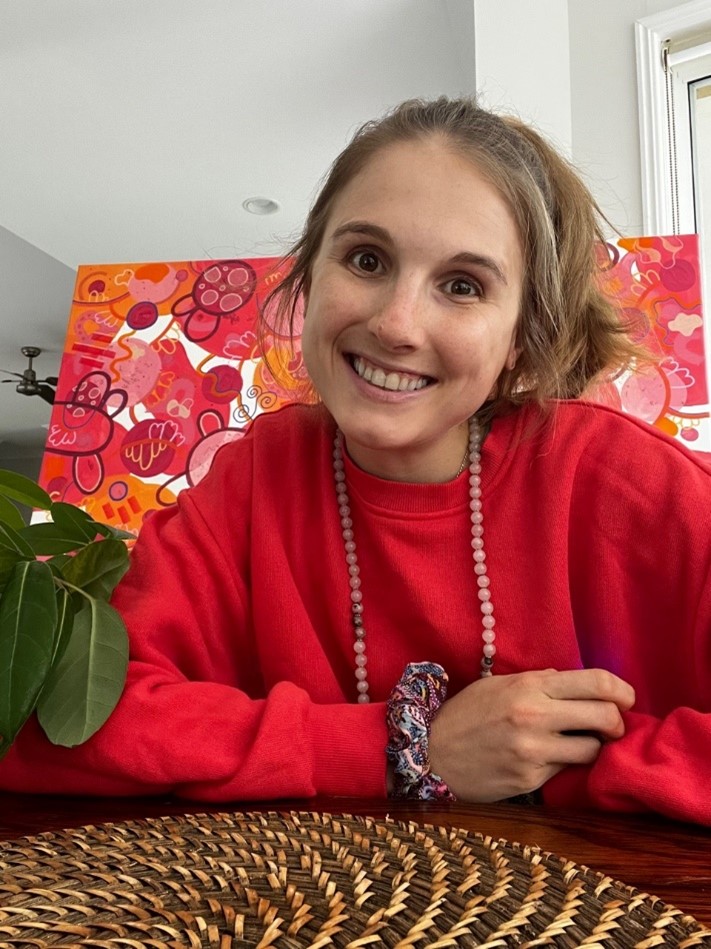Full-time hairdresser and mother-of-three, Jane, 45, Sydney, is mum to Sam, aged 15, who was diagnosed with avoidant restrictive food intake disorder (ARFID) in 2017.
ARFID involves the avoidance and aversion to food and eating, as a result of anxiety or phobia to certain foods.1-3 It is a serious eating disorder and more than just ‘picky eating.’ Although distinguishing from fussy eating is difficult, adults and children living with ARFID generally experience an extreme aversion to certain foods and have a general lack of interest in food or eating.
Jane noticed changes in Sam’s eating behaviour in 2012, at age two. At the time, he began vomiting frequently, both at home and in public, and developed a strong aversion to certain food textures, which made him ill.
Jane initially thought Sam was just a sick baby, but as his eating issues worsened, it became clear something more serious was affecting him.
Jane recalls how Sam would rather starve than eat in front of anyone, even when food was placed directly infront of him.
This intense food avoidance and refusal to eat persisted for years, intensifying Jane’s concern as his eating issues grew more severe.
The turning point came when Jane watched a TV show about a teenage boy living with severe ARFID.
That moment helped her realise Sam’s behaviour wasn’t simply a phase, or typical pickiness, but a
recognised medical disorder.
It wasn’t until Sam turned eight years of age, that he was formally diagnosed by an ARFID specialist.
Over the years, Sam’s ARFID has led him to rely on unhealthy foods, hindering his growth and causing
frustration. The disorder has compromised his physical health and social life, as he struggles with body
image issues, avoids sports, and steers clear of activities such as sleepovers.
Since Sam’s diagnosis, he has begun treatment sessions, and his relationship with food has steadily improved.
Jane is lending her support to the Eating Disorder Genetics Initiative 2 (EDGI2), to help researchers identify the genes associated with eating disorders, in order to improve management and treatment.
She has chosen to share their story, to raise community awareness and understanding of ARFID, and to urge those affected, to seek help and support.
This is Jane’s and Sam’s story.
At two years of age, Jane’s son Sam, began struggling to eat.
“When I noticed Sam’s changes in eating behaviour, I thought he was just a sick baby,” said Jane.
Over time, Sam’s symptoms worsened, leading to severe food avoidance, stubbornness, and an outright refusal to eat.
“He would flat out refuse to eat, no matter what I tried – negotiation, bribery, you name it. I did everything possible, but it was always a hard ‘no’.
“Sam has a genuine fear of certain foods. He would rather starve than eat in front of anyone,” Jane said.
It wasn’t until Jane watched a TV show about a teenage boy living with severe ARFID, that the penny finally dropped.
“I immediately started researching the disorder and discovered what Sam was going through. Up until then, I had no idea what was going on,” said Jane.
Jane took Sam to an ARFID specialist, who subsequently diagnosed him with ARFID at age eight.
“When Sam was diagnosed, I felt extremely sad. I felt like a failure as a parent, knowing my son was struggling and I couldn’t fix the situation,” Jane said.
Since Sam’s diagnosis, he has faced numerous challenges, including struggling with food aversions, body image issues, and difficulties participating in social activities.
“He doesn’t want to play sports because of body image weight-related issues. It’s been hard for me to watch.
“We often call on my older daughters if we want to go away or have time alone, and I carry the weight of that guilt every day,” said Jane.
“I feel guilty about it all and the impact it’s had on him and our family dynamics.”
Since Sam’s diagnosis, he regularly sees a therapist specialising in ARFID treatment.
“With the therapy sessions, which are a few hours long, and focus on targeting fear and increasing exposure to the foods Sam is unable to eat gradually over time, and we’ve seen improvements every time,” Jane said.
Jane’s story underscores the importance of seeking support and gaining knowledge when managing a child’s ARFID.
It highlights the powerful truth that, as a parent, you are your child’s strongest advocate in addressing their needs.
“When you have an eating disorder, you’re not living a normal life. To have services and options available is very
important,” said Jane.
Through her experience, Jane has learned the value of reaching out for information and support.
“Breathe as much as you can, connect with others, and don’t keep it to yourself. Join groups and find information, because you know your child better than anyone.”
Jane believes ongoing research, such as EDGI2, is crucial for identifying the causes of eating disorders, especially ARFID, about which we know very little, and improving management and treatment.
“All research is important and enables progress and understanding.”
To volunteer for, or learn more about EDGI2, head to edgi2.org.au or email edgi2@qimrb.edu.au.
Should you suspect you, or a loved one, may be living with an eating disorder, speak to your local healthcare
practitioner without delay, or head to insideoutinstitute.org.au to complete their online screener and
assessment, and to access more information and professional support.
Australian professional patient support services offering 24/7 helpline services include:
o Beyond Blue: 1300 224 636
o LifeLine: 13 11 14
o Men’s Line Australia: 1300 78 99 78
o Kids Help Line: 1800 55 1800
o Butterfly National Helpline: 1800 334 673
References
- American Psychiatric Association. Diagnostic and Statistical Manual of Mental Disorders. Fifth ed 2013.
- Thomas JJ, Lawson EA, Micali N, Misra M, Deckersbach T, Eddy KT. Avoidant/Restrictive Food Intake Disorder: a Three-
Dimensional Model of Neurobiology with Implications for Etiology and Treatment. Curr Psychiatry Rep. 2017;19(8):54. - National Eating Disorders Collaboration. Avoidant/Restrictive Food Intake Disorder (ARFID) 2024 [Available from:
https://nedc.com.au/eating-disorders/types/arfid].










